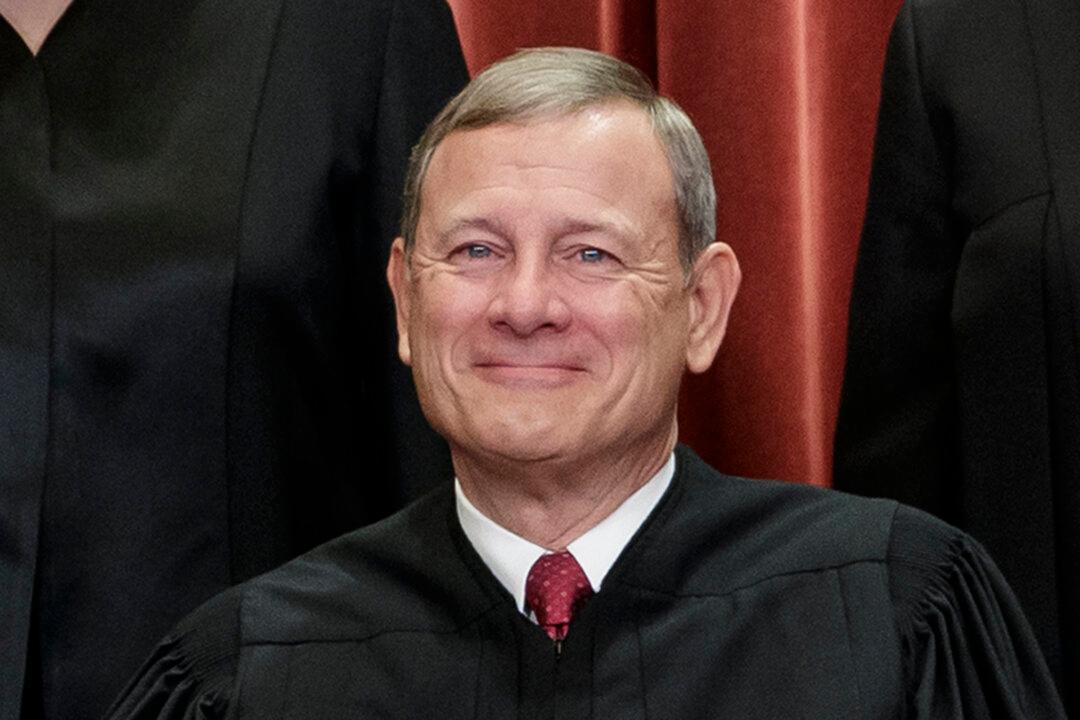After a difficult 2022 at the Supreme Court, Chief Justice John Roberts said in an annual report that the personal security of judges needs to be a priority.
“The law requires every judge to swear an oath to perform his or her work without fear or favor, but we must support judges by ensuring their safety,” Roberts wrote (pdf) in the “2022 Year-End Report on the Federal Judiciary,” which was made public late on Dec. 31.





